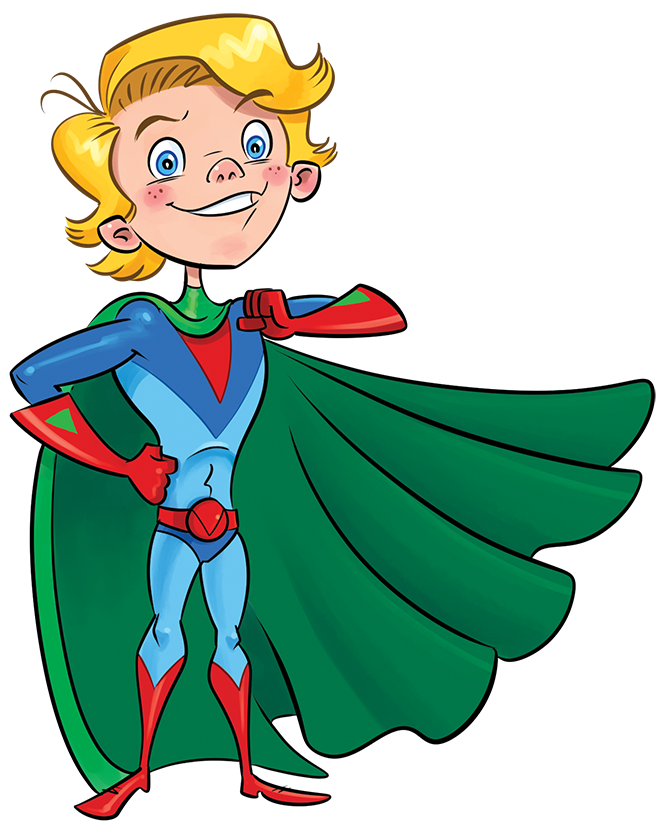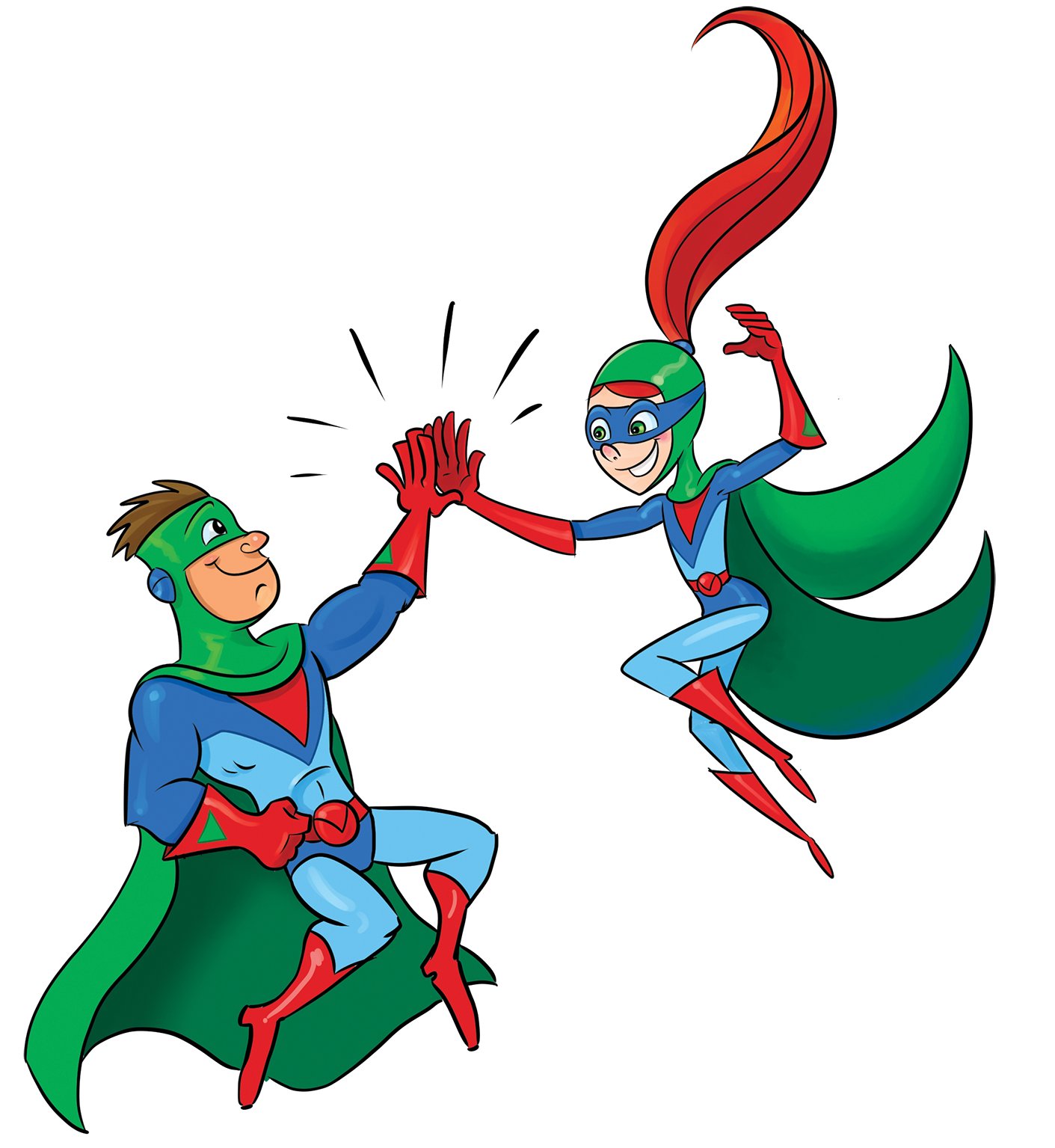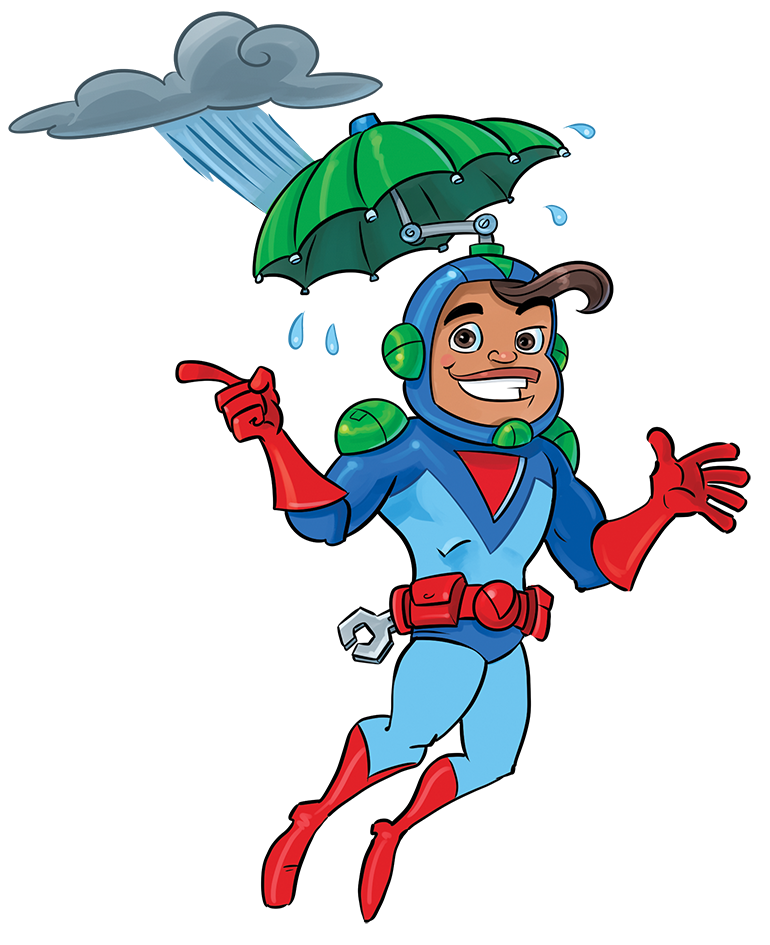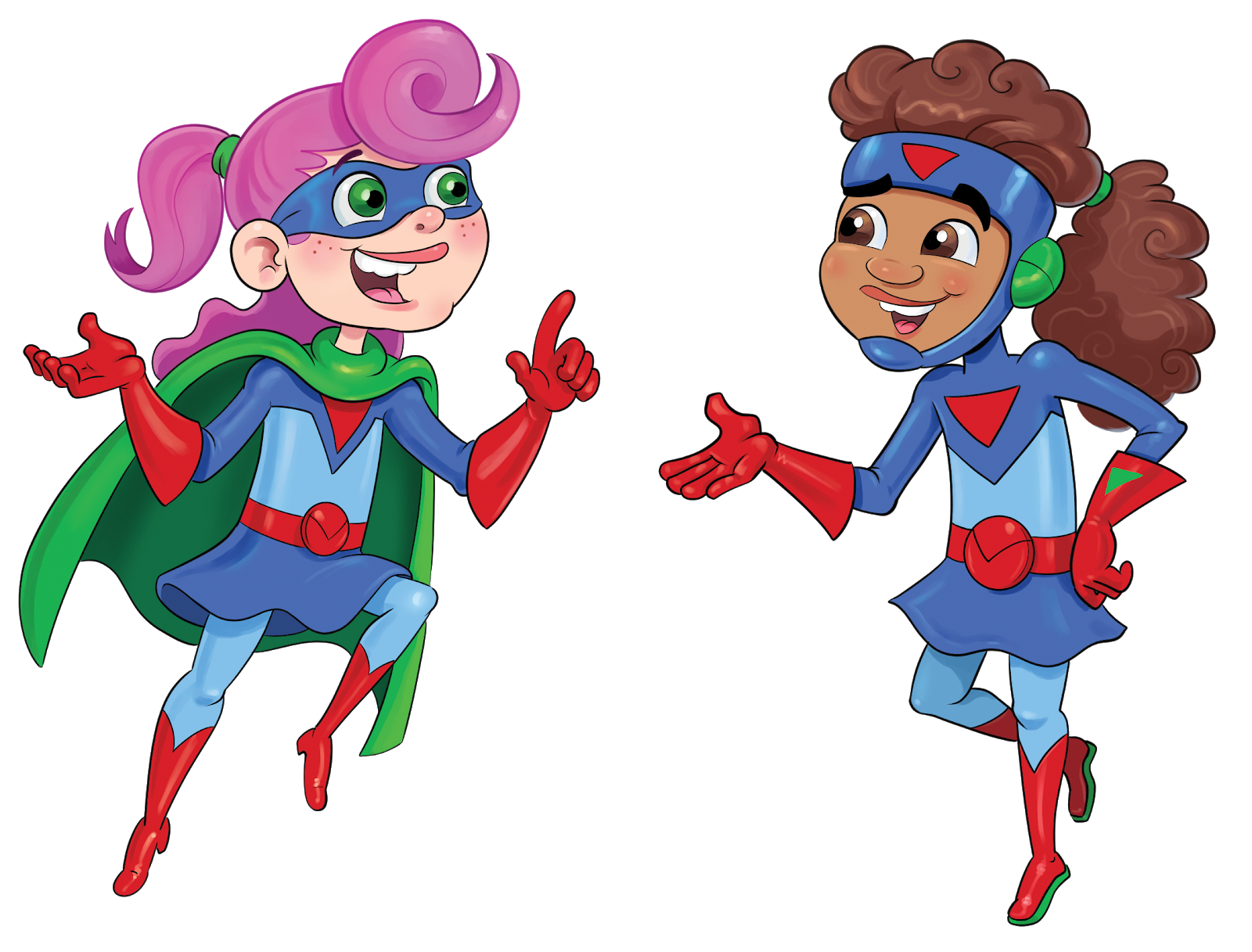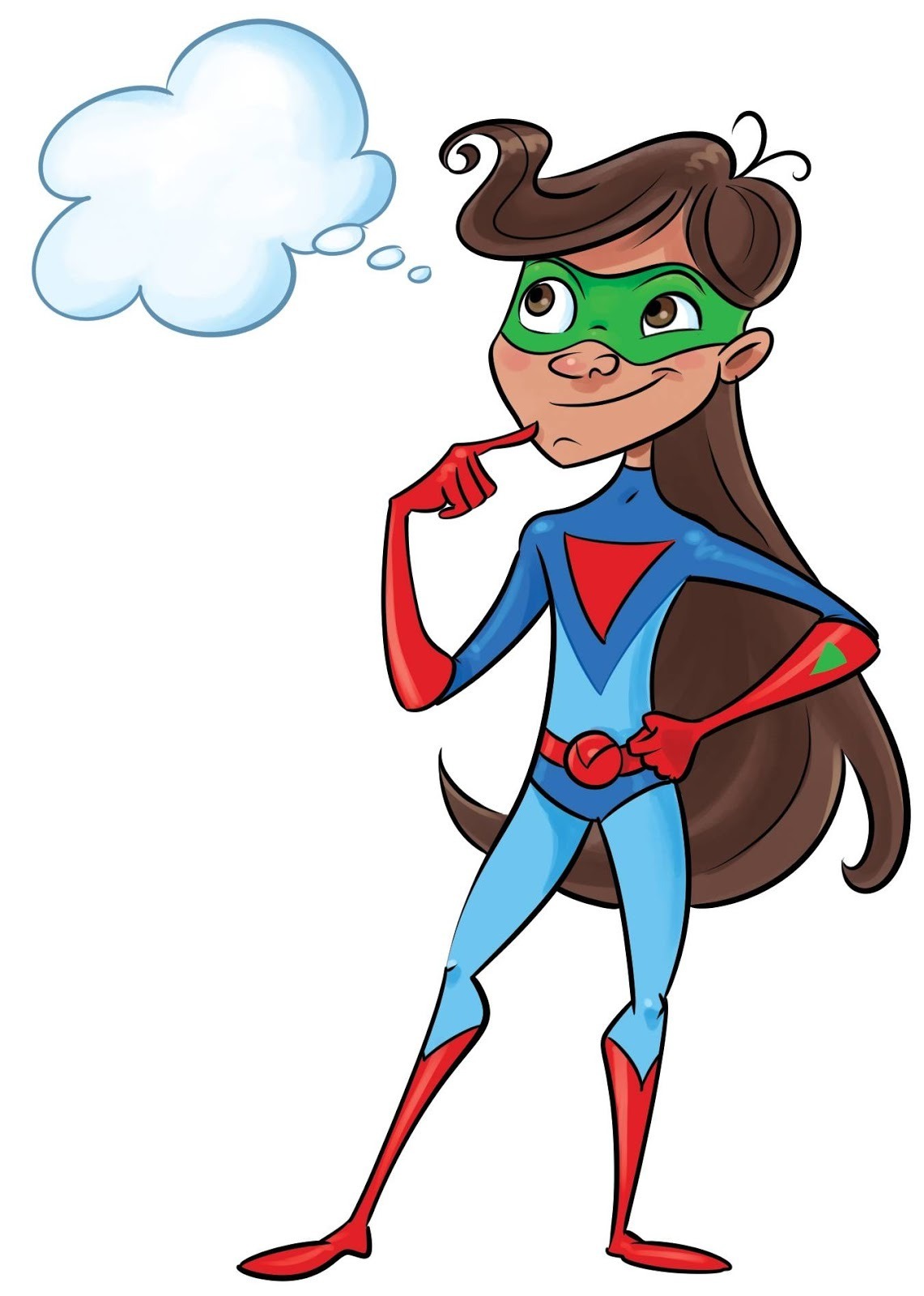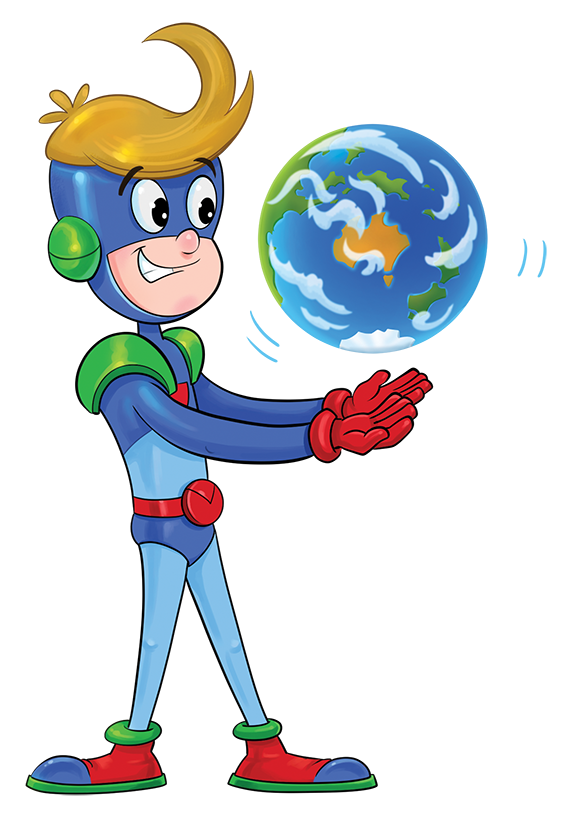Learner Dispositions (6Cs)
The Clevedon School Learner Dispositions (also known as the 6Cs) were created by Clevedon School staff using the NZ curriculum, Guy Claxton’s “The Learning Powered School” and Michael Fullan’s work “New Pedagogies for Deep Learning”. They are an integral part of the Clevedon School curriculum and we consider these an essential element of ‘how we do things around here’.
CHARACTER
Developing my values and virtues. Learning to be a learner and to persevere. Being self-reflective, seeking and acting on feedback. | I put the PRIDE values into practice in my interactions and learning, and support others to do so as well. I practise the virtues and know what my strengths are. I deliberately work on the virtues I need to develop. My grit, tenacity, perseverance and resilience allow me to work through any challenge or setback, and to help others do the same. When faced with setbacks or negative feedback, I pause, reflect, and work through the challenge to find a solution. I take responsibility for my own learning. I know what I need to learn in order to improve. As I learn, I reflect on my progress and actively seek feedback to improve my learning. | |||
COLLABORATION
Working well with others. Making important decisions together. Learning from, and contributing to the learning of others. | I can work cooperatively in a group and I make sure that all team members are able to contribute to our solutions. I am inclusive and encourage others to join my group. When working in groups I recognise my strengths and use these to help the group. I can also recognise strengths in others.
I respect that others’ beliefs, ideas and points of view can differ from mine and I accept that mine might not always be the preferred choice. I am willing to compromise. I make sure that our work is the best it can be. I listen respectfully to others, discuss ideas, ask questions and work towards reaching a consensus. I behave appropriately in different situations by knowing when I should lead and when I should follow others. When resolving conflict I react reasonably, accept responsibility and am fair. | |||
CREATIVITY | I am curious, innovative, a risk taker and have a growth mindset. I share my ideas and put them into action. I engage in challenging problem solving activities. I can identify the problem and its cause. I can find a range of possible solutions and evaluate each option before selecting the most appropriate solution. When faced with a problem to solve or a dilemma I take into account different perspectives, needs, cultures and beliefs to find an appropriate solution. I can create something new or add value to something that already exists (could be an idea or an object). I have a plan, I can source the right resources and I make it happen. | |||
COMMUNICATION
Communicating clearly and in a variety of ways for specific audiences. | I use active listening skills and respond appropriately (to people or multimedia). I can speak confidently and clearly in small groups (variety of audiences - students and adults). I can speak confidently and clearly in large groups (variety of audiences - students and adults). I can construct visuals and multimedia to communicate information and ideas effectively. I can select the appropriate technology for effective presentation. The information I present (choice of language, symbol or text) and the way I communicate is relevant to my audience and my setting. | |||
CRITICAL THINKING
Evaluating information and arguments to make informed judgements. Challenging my own and others’ assumptions and perceptions. | I have the necessary skills to conduct inquiry and research. When thinking about a topic, I can make connections with my prior learning and experiences. I can evaluate information and ideas, thinking about whether they are true, valid and free of bias. I can make reasoned, ethical decisions based on the information gathered, and on my own values. I can honestly reflect on my own bias, prejudice, stereotypes and egocentric tendencies. I am open-minded and am willing to see a different perspective. I don’t rush into making a judgment until I have enough information and/or I am willing to change my thinking if needed. I can construct an argument for two or more different points of view. I know that my point of view is based on my own values and experiences and respect that others may see things differently. I can weigh up the consequences of decisions and actions (cause and effect). | |||
CITIZENSHIP
Thinking beyond myself and my immediate environment. Thinking like a global citizen and considering global issues. | I am actively involved in my community. I understand the importance of balancing rights, roles and responsibilities. I can identify how my actions impact others or my community. I care about other people and their rights. I take action to ensure equity for everyone. I care about environmental issues and can generate sustainable solutions that affect the planet and its people. I understand and appreciate my own culture and personal history. I understand and appreciate the history of Aotearoa and the Māori culture.
I am curious about, and respectful of the perspectives, values and traditions of other individuals and communities. I seek and evaluate a range of points of view. | |||
